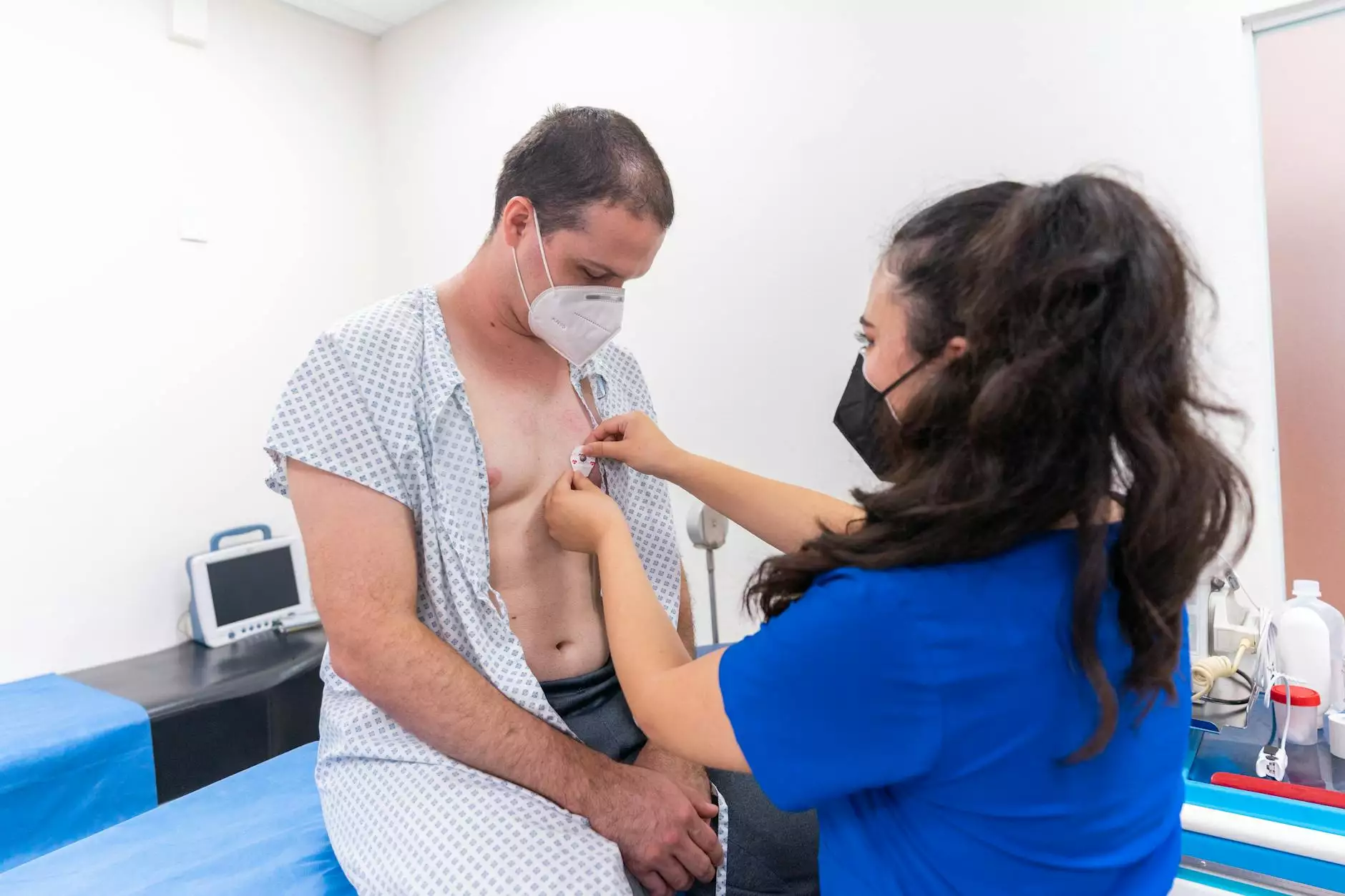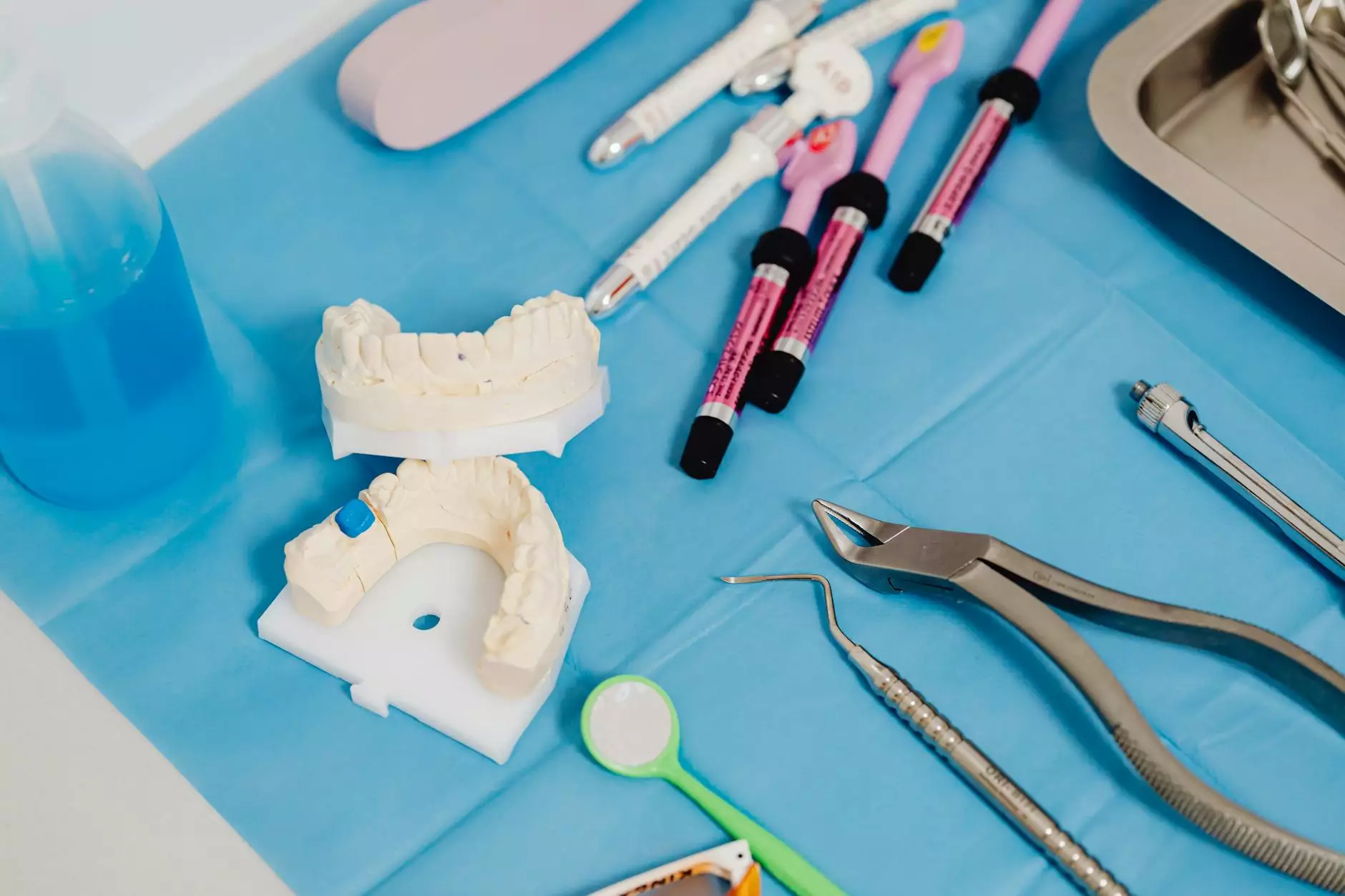Finding a Cardiologist Near Me: Your Essential Guide to Heart Health

When it comes to heart health, having access to a skilled cardiologist is critical. If you're searching for a cardiologist near me, it's important to understand what to look for and how to make informed decisions regarding your heart care.
The Importance of Heart Health
Your heart is one of the most vital organs in your body, responsible for pumping blood and delivering oxygen to your tissues. Heart disease has become one of the leading causes of death globally, making it essential to prioritize your heart health. Regular check-ups with a qualified cardiologist can help in early detection and treatment of potential heart issues.
What Does a Cardiologist Do?
A cardiologist is a medical professional specializing in diagnosing and treating conditions related to the heart and blood vessels. Here’s what their role typically involves:
- Diagnosis: Assessing symptoms, conducting tests like EKGs or echocardiograms.
- Treatment: Managing heart disease, prescribing medications, and recommending lifestyle changes.
- Monitoring: Regularly checking the patient's heart health over time.
When to Seek a Cardiologist
If you experience symptoms such as chest pain, shortness of breath, or an irregular heartbeat, it’s crucial to see a cardiologist promptly. Here are some signs indicating you should seek a specialist:
- History of heart disease in your family.
- Persistent high blood pressure or high cholesterol levels.
- Experiencing angina or discomfort in your chest.
- Significant changes in your exercise tolerance.
How to Find the Right Cardiologist Near You
Finding the right cardiologist near me may seem daunting initially, but it can be simplified by following these steps:
1. Research Their Credentials
Start by checking the qualifications, specialties, and experience of cardiologists in your area. Look for board certification to ensure they meet the required standards. You can find this information on medical association websites or through your health insurance provider.
2. Read Reviews
Online reviews can provide insights into a cardiologist’s practice. Websites such as Healthgrades or Vitals allow you to read patient feedback regarding experiences and outcomes.
3. Check Their Hospital Affiliations
Ensure that the cardiologist is affiliated with well-regarded hospitals or medical centers. This is crucial in case you require hospitalization for further treatment or procedures.
4. Consider Communication Style
It is essential to find a cardiologist who communicates effectively and makes you feel comfortable. During your first consultation, pay attention to how well they listen and address your concerns.
5. Evaluate Accessibility
Consider the location and availability of the cardiologist. A professional who is easily accessible can contribute to more consistent care and follow-up visits.
The Role of Medical Centers and Hospitals
Cardiologists often work within a network of medical centers and hospitals. These institutions offer a variety of services that play a vital role in your heart care:
1. Comprehensive Diagnostics
Advanced diagnostic tools such as CT scans, MRIs, and specialized blood tests are essential in understanding heart conditions. Hospitals equipped with these technologies can provide accurate diagnoses.
2. Specialized Treatments
Many medical centers offer specialized treatment options for heart disease, including:
- Cardiac Catheterization: A procedure used to diagnose and treat some heart conditions.
- Angioplasty: A non-surgical procedure that opens narrowed arteries.
- Heart Surgery: For more severe cases, hospitals provide surgical interventions such as bypass surgery.
3. Preventative Programs
Many hospitals have established programs aimed at preventing heart disease through education and lifestyle changes. These can be valuable resources for patients at risk of cardiovascular issues.
Insurance and Costs
When searching for a cardiologist near me, it’s important to consider health insurance coverage. Here are some steps to ensure financial compatibility:
- Contact Your Insurance Provider: Ask for a list of cardiologists in your network.
- Understand Coverage: Verify what procedures and treatments are covered under your policy.
- Consider Costs: Inquire about consultation fees and out-of-pocket expenses for tests and treatments.
Heart Health Lifestyle Changes
In addition to seeking the help of a cardiologist, certain lifestyle changes can significantly improve your heart health:
1. Eat a Heart-Healthy Diet
Focus on incorporating the following foods into your diet:
- Fruits and vegetables
- Whole grains
- Lean proteins such as fish and poultry
- Healthy fats like avocados and nuts
2. Regular Physical Activity
Engaging in regular exercise helps maintain a healthy weight and lowers your risk for heart disease. Aim for at least 150 minutes of moderate aerobic activity each week.
3. Manage Stress
Stress can negatively impact your heart health; finding effective ways to manage stress through practices such as yoga, meditation, or simply taking time for hobbies can be beneficial.
4. Quit Smoking and Limit Alcohol
Quitting smoking is one of the best things you can do for your heart. Additionally, if you choose to drink alcohol, do so in moderation.
Conclusion
Searching for a cardiologist near me doesn’t have to be a daunting task. By doing thorough research and considering your options, you can find a qualified specialist who suits your needs. Consistent check-ups, combined with a heart-healthy lifestyle, can significantly improve your overall cardiovascular health.
At MediGlobus.com, we understand the importance of heart health, and we’re here to provide you with the resources you need to make informed decisions about your care. Don’t hesitate to reach out and take the first step towards a healthier heart.









